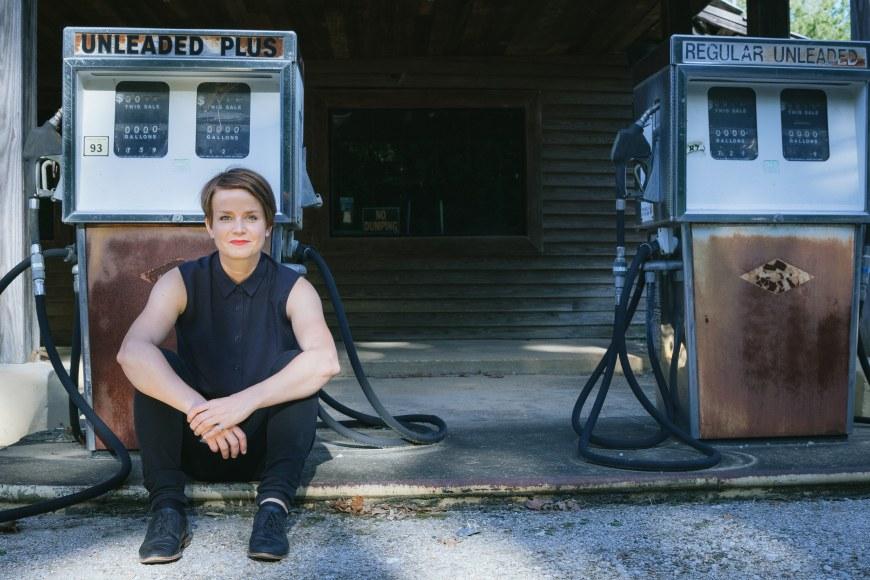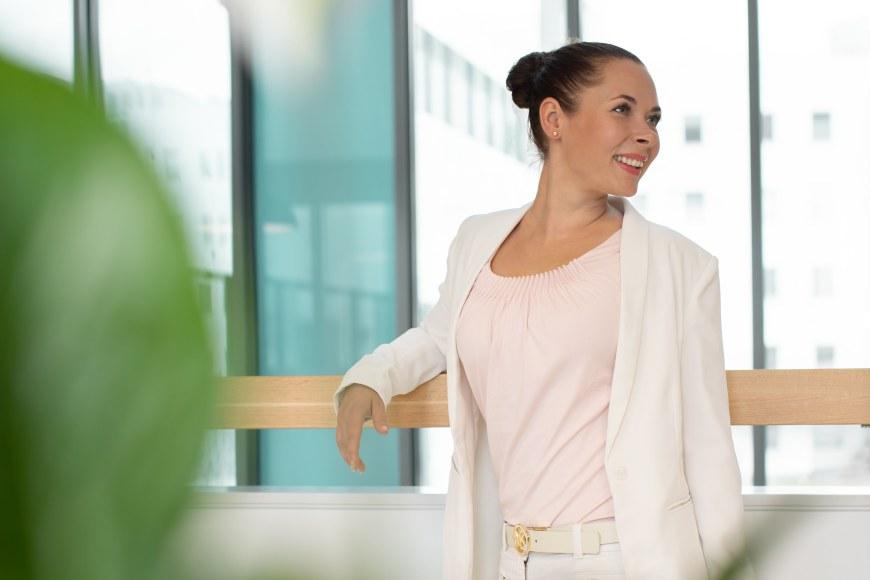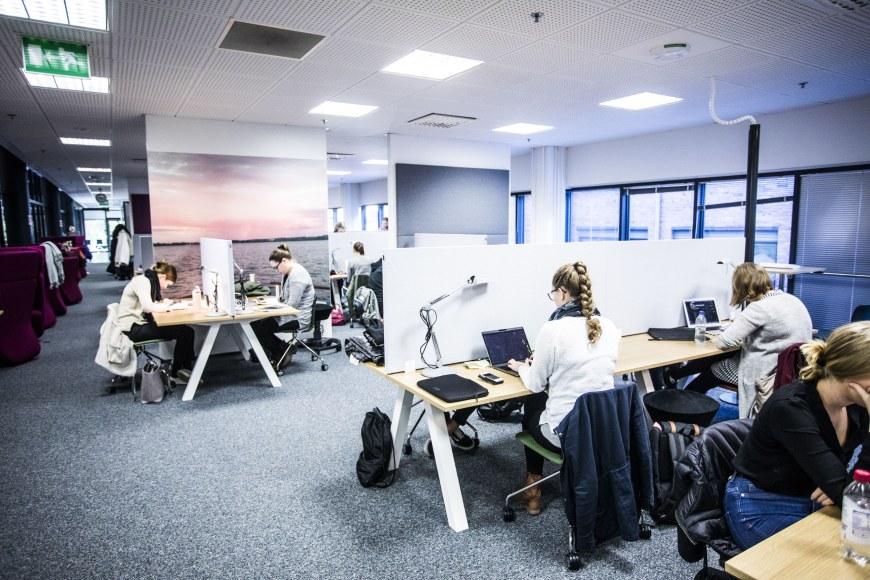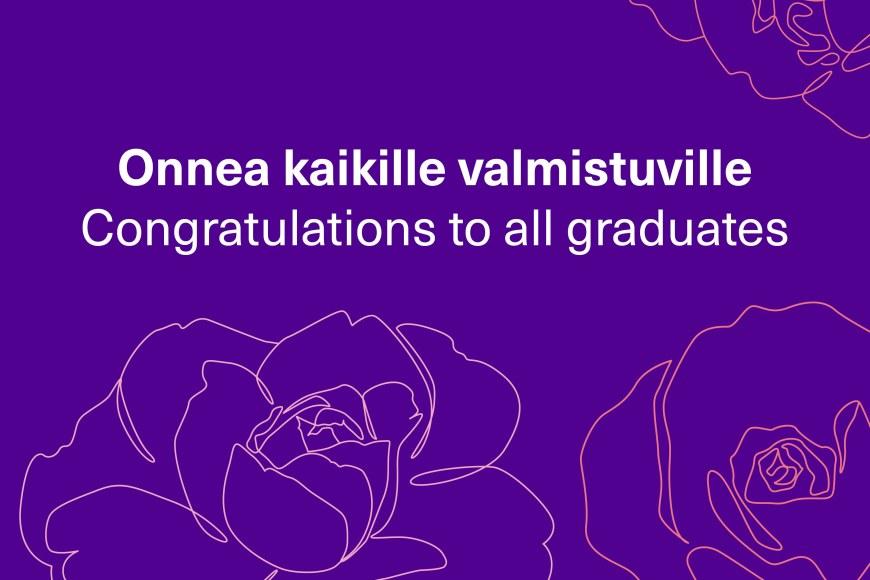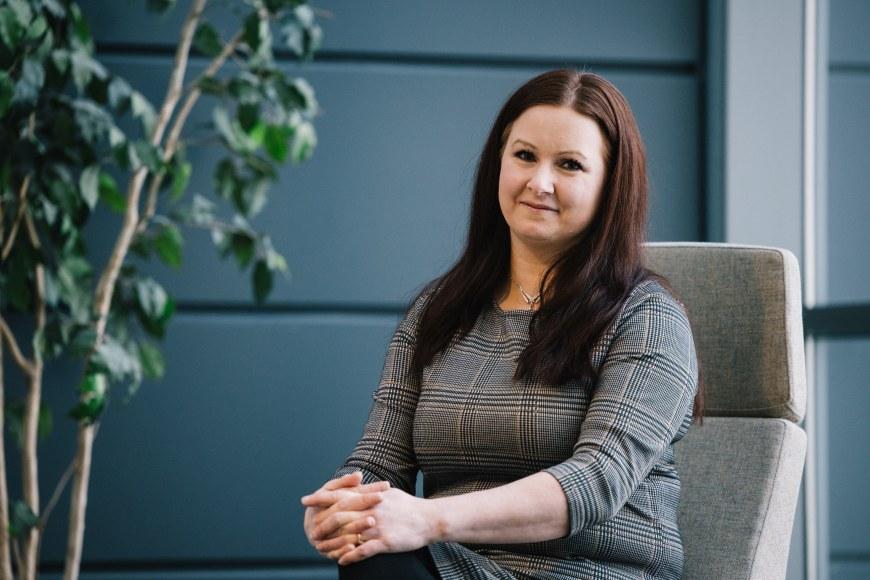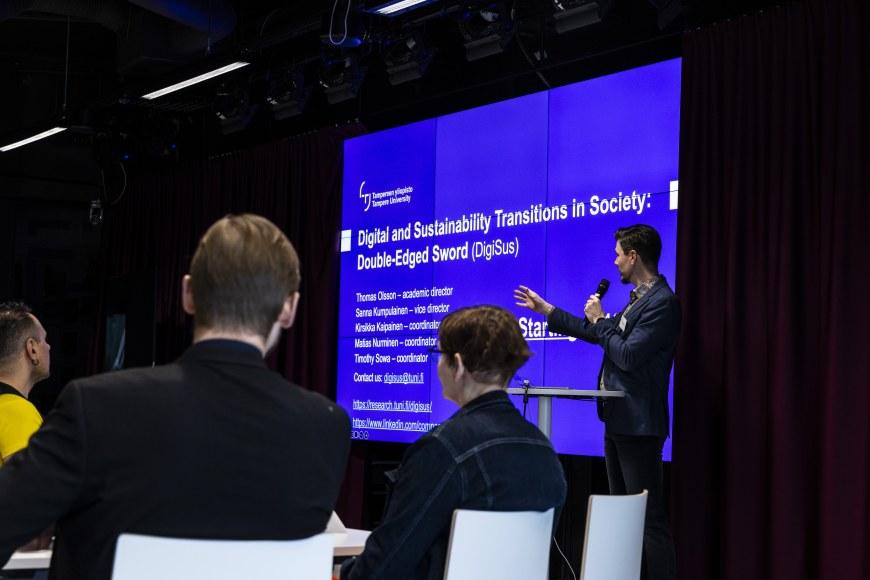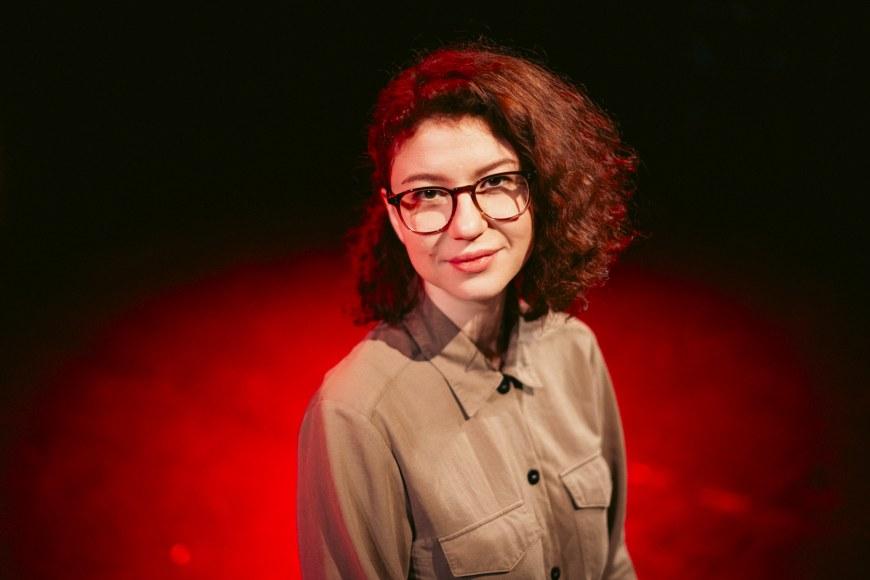“Finland is a small country that does most things quite well”
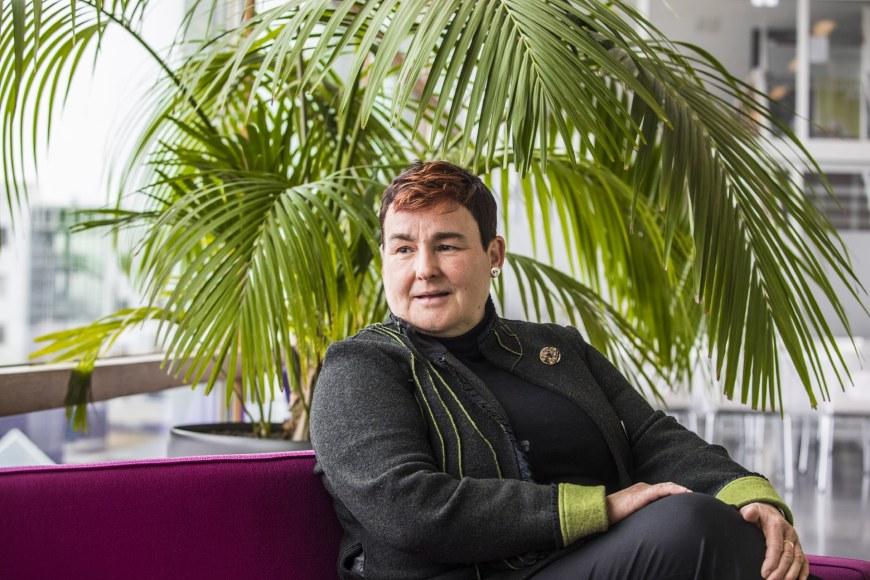
How did you come to work at Tampere University?
Working at the NSR was an opportunity for me to do what I have always wanted to do. At the time I was considering retiring, somebody showed me the vacancy for this job. It was appealing – I knew the good reputation of Finnish education, and Finnish universities do not yet suffer from the same problems as those in the UK, where the university reforms have been, in my view, quite destructive. This job in Tampere was a chance for me to finish my career on a high note.
I first came to Finland on holiday in 2016 – to see if it would be possible to live here! I loved Tampere and got the feeling that the university would be a good place to work. This has been a real adventure for me.
What is the purpose of the NSR?
The NSR is an interdisciplinary research programme based at Tampere University. We hired 14 bright, promising associate professors and researchers from different areas of social research, and we aim to give them the space and freedom to try more radical, innovative ideas and to work in new ways. NSR fellows are attached to the faculties, and we hope that their work there inspires early career researchers.
The NSR aims to develop cutting-edge interdisciplinary social science research and help develop university research and teaching practices. We place a premium on social engagement and want to ensure that the university’s work will have a beneficial impact on society and make significant contributions to science. Universities are important social actors with a real responsibility to advance knowledge, provide excellent education and produce social good.
What do you think about internationalisation in universities?
Internationalisation is a sensitive and complex topic. For me, it’s all about better networks, being connected and feeling that we can be proud of our work and represent it globally. Finnish universities produce some truly fantastic research. Sometimes researchers say that if their topic concerns just Finland, no one will be interested in it elsewhere. I think that if research is theoretically sound and well formulated, people will find it interesting everywhere. Finland has a lot of good experiences, insights and knowledge to share with the world.
What’s it like to study society in a foreign country?
I think that Finland is a small country that does most things quite well. Finland’s economic, social and structural problems are far less severe than, for example, those of the UK. Finns are very modest about this, and I find it both charming and frustrating. Many countries could learn a lot from Finland about, for instance, a positive sense of national purpose and the delivery of public services such as education, healthcare, railways, and even the cleanliness of public spaces.
It’s a critical strength of Finland that the prime minister’s daughter may go to the same school as, say, the child of the person who cleans her office – equity really promotes social strength and cohesion.
Author: Tiina Lankinen
